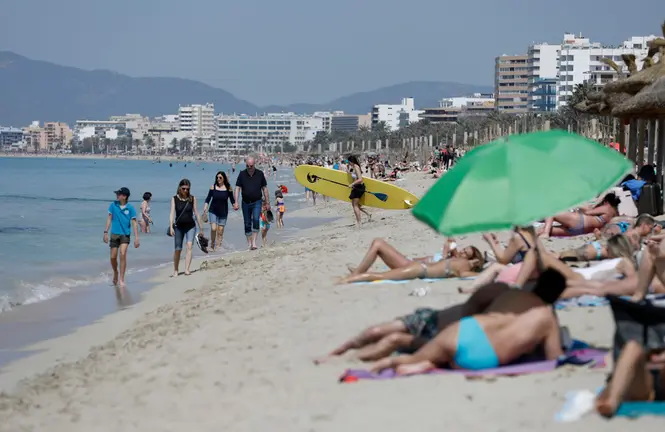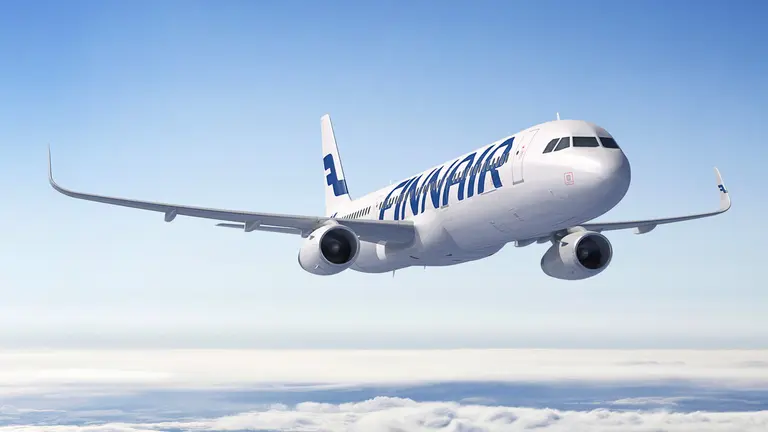On Friday 10 July, Finland's government decided on the continuation of internal border control and on the restrictions on external border traffic.
As of 13 July 2020, the Government will lift the restrictions on traffic at the borders between Finland and Schengen countries where the incidence of the coronavirus is similar to that in the countries where internal border control has already been lifted.
As a general rule, the limit value is eight new cases of the disease per 100,000 persons in the previous 14 days.
Alternatively, the lifting of internal border controls and entry restrictions may be considered for countries with a maximum of 10 new cases of the disease per 100,000 persons in the previous 14 days.
Traffic within the Schengen area
Based on the current development of the epidemic, border control at the internal borders will be lifted for the following countries: the Netherlands, Belgium, Italy, Austria, Greece, Malta, Germany, Slovakia, Slovenia, Hungary, Liechtenstein and Switzerland.
Finland has already abolished internal border control for traffic between Finland and Norway, Denmark, Iceland, Estonia, Latvia and Lithuania as well as for leisure boating.
Government says the restrictions will be maintained "to the extent that they are still necessary due to a serious threat posed by the epidemiological situation."
Based on the current epidemiological assessment, internal border control and restrictions on entry into the country will continue for travel between Finland and Spain, Luxembourg, Portugal, Poland, France, Sweden and the Czech Republic, with the exception of leisure boating.
Insofar as internal border control continues at internal borders, return traffic to Finland, commuting and other essential traffic will be allowed at internal borders.
Restrictions at external borders
External border traffic between Finland and EU countries that do not belong to the Schengen area will be subject to the same assessment criterion concerning the incidence of outbreaks as internal border traffic.
In this case, in line with the government decision, unrestricted travel will be permitted between Finland and Cyprus, Ireland, Andorra, San Marino and the Vatican.
The restrictions will continue to be in force for travel between Finland and Bulgaria, Croatia, Romania, the United Kingdom and Monaco.
On 30 June, the Council of the European Union approved a recommendation (‘green list’) on the lifting of restrictions on border traffic for non-EU countries.
Traffic between Finland and the countries on the list will be opened up subject to certain restrictions if the number of new infections in the country on the list does not exceed 8 per 100,000 persons during the previous two weeks.
This means that as of 13 July, travel between Finland and Algeria, Australia, South Korea, Georgia, Japan, New Zealand, Rwanda, Thailand, Tunisia, Uruguay and China (provided that reciprocity is confirmed in the EU) will be permitted for work and other essential purposes.
For countries on the green list where the number of infections exceeds the criterion (Canada, Montenegro, Morocco, Serbia) and other third countries, the existing restrictions on external border traffic will remain in force.
Return traffic to Finland and other essential traffic will be allowed at the external borders. In addition, transit traffic will be allowed at airports.
Family members of Finnish citizens may enter the country regardless of nationality.
Situation to be reviewed
If the epidemic situation so permits, the government will review its decisions on border traffic restrictions in two weeks’ time and, if necessary, make new decisions.
At this time, the decision on internal border controls will be reviewed with a view to lifting internal border controls and restrictions on border traffic between Finland and those EU and Schengen countries where the number of infections is at most equal to the current or revised limit value on 13 July.
At the same time, unrestricted entry at the external borders would be permitted from those ‘green list’ countries where the incidence of infections does not exceed 8 new cases per 100,000 persons during the previous 14 days.
"If necessary, the restrictions may be reinstated if the epidemic situation in a certain country deteriorates significantly," the Finnish government emphasized.














